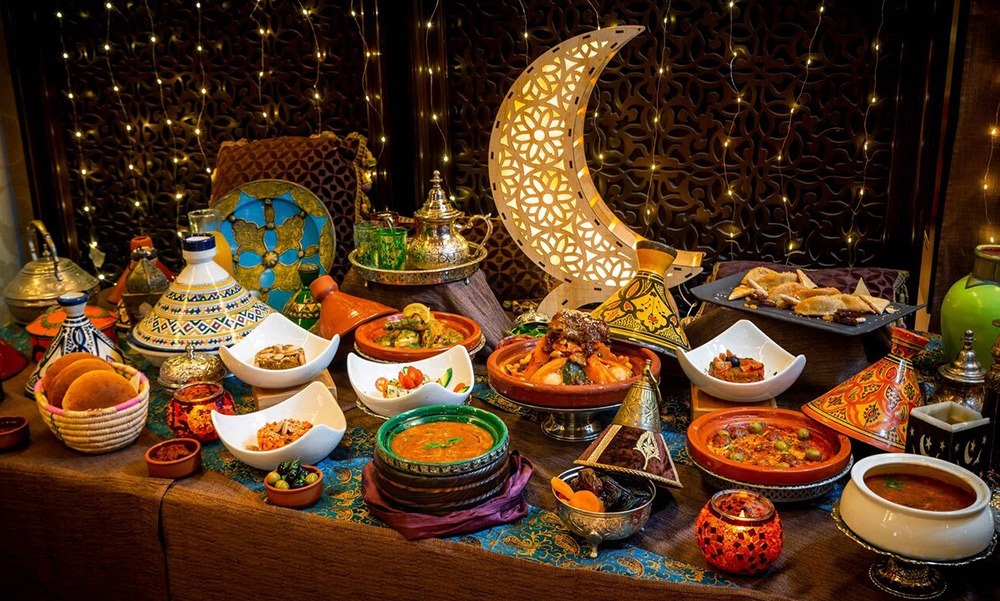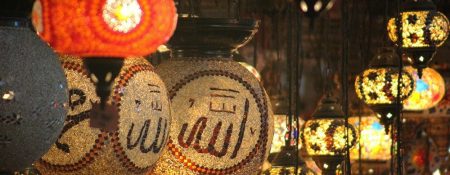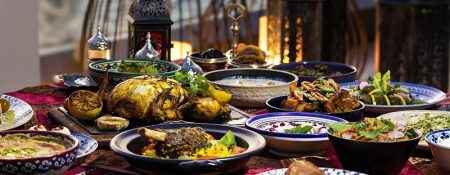
Helping those in need is considered an even better thing during the holy month than at any other time. Every good deed during the holy month of Ramadan is rewarded in religious terms far more than usual. Help is provided by individuals as well as companies and government organizations.
One of the most important grounds of Islam is Zakat — the mandatory percentage of savings that is given to the needs of the poorer. In addition, if possible, a person can donate to charity more than required, this part is called Sadaqah.
So that even the poorest members of the community can celebrate Eid al-Fitr, which comes after Ramadan, smaller-scale obligation Zakat al-Fitr is also gathered. Its size is not too large and is about AED 25. Zakat al-Fitr is a duty of every Muslim which must necessarily be paid before the end of Ramadan. The purpose of Zakat al-Fitr is that the whole community should jointly celebrate and become more united, but no less important is the fact that sins committed during the holy month can be redeemed by good deeds.
O Allah, on this day, do not let me abase myself by incurring Your disobedience, and do not strike me with the whip of Your punishment, keep me away from the causes of Your anger, by Your kindness and Your power, O the ultimate wish of those who desire.




Ramadan, the holiest month in the Islamic calendar, is a time of spiritual reflection, self-discipline, and communal unity for Muslims around the world. In the United Arab Emirates (UAE), Ramadan holds significant cultural and religious importance, shaping the rhythm of daily life and fostering a unique atmosphere of warmth and spirituality.
The vibes of Ramadan in the UAE are palpable, as the entire country undergoes a transformative experience. From the breaking of dawn until the setting of the sun, the streets come alive with a sense of anticipation and reverence. The bustling cities slow down, and a serene ambiance takes over as families and communities come together to observe this sacred month.
One of the most cherished aspects of Ramadan is the spirit of giving and charity. Throughout the month, Muslims are encouraged to practice acts of kindness, generosity, and compassion towards those less fortunate. In the UAE, numerous charitable initiatives and community-driven efforts are organized to support those in need, reflecting the country's commitment to fostering solidarity and empathy.
The cultural importance of Ramadan in the UAE is deeply ingrained in the fabric of society. It is a time for strengthening familial bonds, reconnecting with loved ones, and honoring traditions passed down through generations. Families gather each evening for Iftar, the meal to break the fast, where a rich tapestry of traditional Emirati cuisine is shared and enjoyed in a spirit of unity and gratitude.
The UAE also embraces the diversity of its population during Ramadan, with residents from various cultural backgrounds coming together to partake in the festivities. Non-Muslims are welcomed to join in the spirit of Ramadan, participating in community events, and sharing in the sense of togetherness that defines this auspicious month.
Celebrations during Ramadan in the UAE extend beyond the confines of the home, with vibrant Ramadan tents set up in public spaces and hotels offering lavish Iftar buffets. These gatherings serve as focal points for socializing, where friends and colleagues come together to enjoy sumptuous meals and engage in lively conversations late into the night.
As the month draws to a close, the atmosphere becomes even more heightened with the arrival of Eid al-Fitr, the festival marking the end of Ramadan. Streets are adorned with festive decorations, and families gather to celebrate with feasts, gift-giving, and prayers of gratitude.
In essence, Ramadan in the UAE is a time of spiritual renewal, cultural celebration, and communal harmony. It serves as a poignant reminder of the values of compassion, tolerance, and unity that form the bedrock of Emirati society, making it a truly special and cherished time for all who call the UAE home.